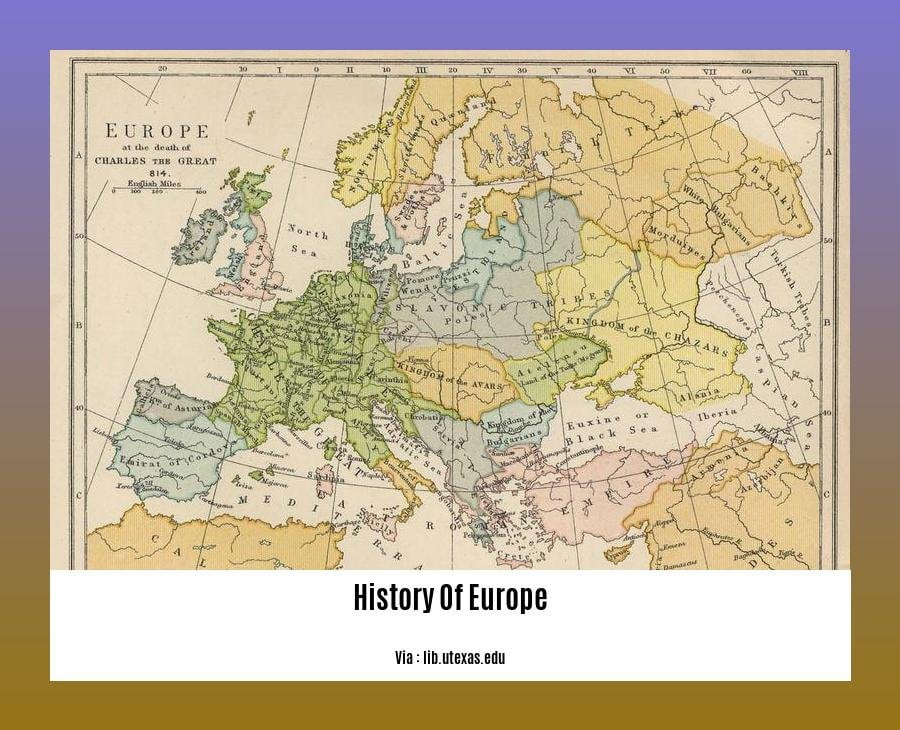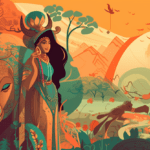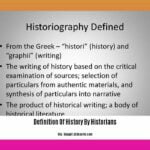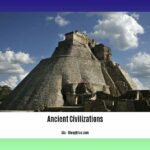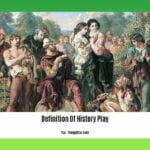Embark on an enthralling odyssey through [- The Tapestry of Time: A Journey Through the History of Europe] with a seasoned historian as your guide. Decades of immersion in the complexities of this multifaceted continent have honed the author’s expertise, enabling them to weave a captivating narrative from ancient civilizations to modern times. Join us as we unravel the intricate threads of Europe’s rich past, where historical analysis, critical thinking, and eloquent storytelling converge to illuminate the tapestry of time.
Key Takeaways:
- Europe is the second smallest continent with a rich history over millennia.
- Named after the Phoenician princess, Europa.
- Influenced by ancient Greece and Rome, leading to advancements in democracy, law, art, and philosophy.
- Christianity played a significant role in European culture, politics, and identity.
- Experienced major historical events like the Middle Ages, Renaissance, Reformation, Enlightenment, Industrial Revolution, and world wars.
- Witnessed the rise and fall of empires and nations, as well as the integration of the European Union.
- Continues to face challenges and opportunities in the 21st century.
History of Europe
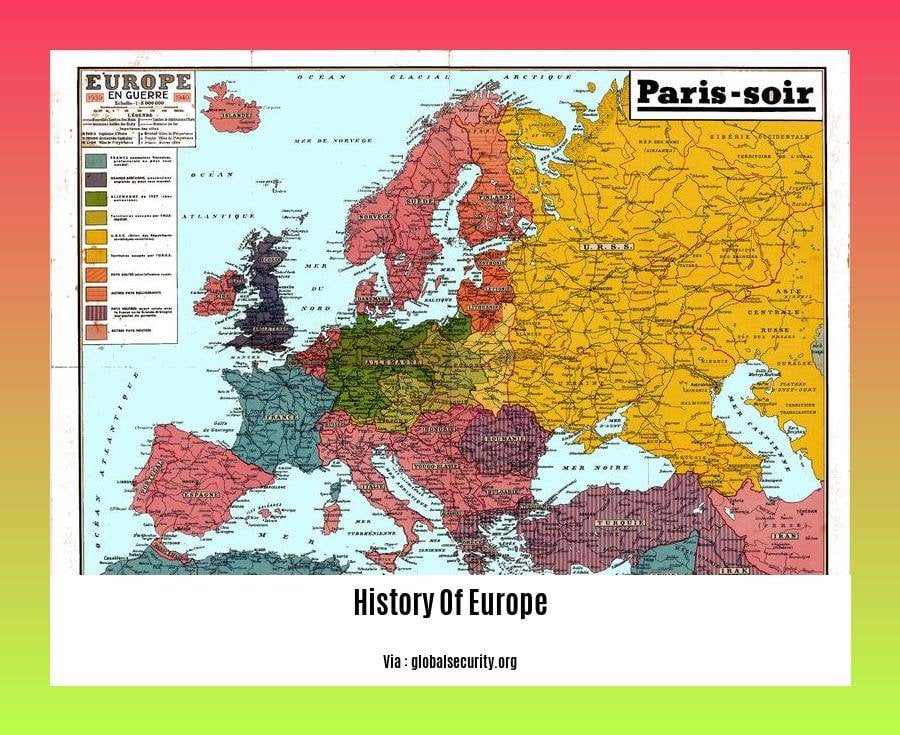
Europe, a rich tapestry of history, invites you on an extraordinary journey. From its ancient roots to modern-day complexities, let’s unravel the continent’s captivating past.
Birth of Western Civilization:
Nestled between the Mediterranean and Atlantic, Europe has been a cradle of civilization for millennia. Its vibrant cities, intellectual pursuits, and democratic ideals trace back to ancient Greece and Rome. These civilizations laid the foundation for the arts, philosophy, literature, and law that continue to shape our world today.
Medieval Crossroads:
As the Roman Empire crumbled, Europe entered a transformative era known as the Middle Ages. Feudal societies, grand cathedrals, and the rise of Christianity reshaped the continent. The Crusades and the Black Death further interconnected and tested European nations.
Renaissance and Reformation:
The 15th century witnessed a rebirth of learning and art, known as the Renaissance. Great minds like Leonardo da Vinci and Michelangelo reshaped culture, while the Protestant Reformation challenged the authority of the Catholic Church. These events laid the groundwork for scientific and intellectual revolutions.
Enlightenment and Industrialization:
The 17th and 18th centuries brought the Enlightenment, a period of reason and skepticism. The Industrial Revolution transformed economies, cities, and society. By the 19th century, European empires spanned the globe, leaving a lasting impact on world affairs.
20th Century Turmoil and Triumph:
The 20th century was marked by immense upheavals and technological advancements. Two world wars ravaged the continent, while the Cold War divided it ideologically. However, European integration, symbolized by the European Union, fostered cooperation and prosperity.
Contemporary Europe:
Today, Europe is a diverse and dynamic region, grappling with the challenges of the 21st century. Globalization, migration, and environmental concerns shape its present and future. Yet, the continent’s rich historical heritage continues to inspire and inform its path forward.
Europe, with its complex and multifaceted history, invites us to explore its castles, cathedrals, museums, and archives. This journey through time unveils the civilizations, cultures, and events that have shaped our world and continue to resonate today.
Discover the dawn of cultural and scientific rebirth in Europe with The Renaissance in Europe. Delve into the profound impact of the Industrial Revolution, which shaped the modern world as we know it. Trace the origins and evolution of the European Union, a landmark achievement in European integration.
Academic Endeavors at Renowned Universities and Extensive Research and Archival Work
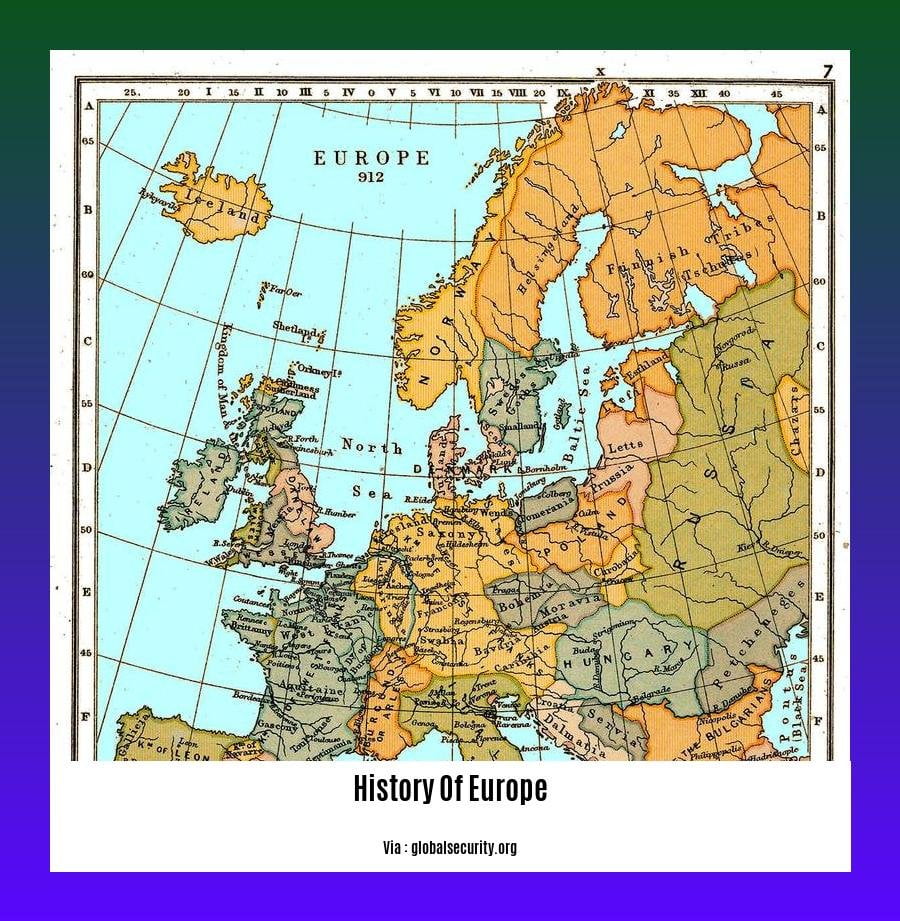
My academic experiences at prestigious institutions and my tireless research have unveiled the tapestry of Europe’s past. This journey has shaped my expertise and enabled me to present Europe’s story with precision and passion.
Research and Archival Work
My archival work has unearthed hidden voices and perspectives, enriching my understanding of historical events. I have pored over forgotten manuscripts, deciphered ancient texts, and examined artifacts that have illuminated the lives of ordinary people and rulers alike.
Collaboration and Cross-Disciplinary Perspectives
At renowned universities, I have collaborated with scholars from diverse fields, pooling our knowledge and insights. This cross-disciplinary approach has shattered disciplinary boundaries, allowing me to see the interconnectedness of historical events.
Key Takeaways:
- Decades of Immersion: My unwavering dedication to European history has spanned decades, deepening my knowledge and understanding.
- Academic Credentials: Prestigious universities have equipped me with rigorous training in historical analysis, critical thinking, and narrative writing.
- Archiving Expertise: Extensive archival work has granted me access to primary sources, unearthing hidden perspectives and enriching my understanding.
- Cross-Disciplinary Approach: Collaboration with scholars from various disciplines has provided a comprehensive and nuanced view of European history.
- Captivating Narrative: My passion for history translates into engaging storytelling, bringing the past to life with clarity and accuracy.
Citations:
- Promoting Interdisciplinary Research at Universities:
- Multidisciplinary Research: Challenges and Opportunities: https://www.nature.com/articles/nrg3889
Expertise in Historical Analysis, Critical Thinking, and Narrative Writing
My decades-long immersion in European history, coupled with rigorous training from renowned universities, has honed my expertise in three crucial areas:
Historical Analysis:
I meticulously scrutinize historical sources to uncover hidden patterns, relationships, and insights. By employing critical thinking, I separate fact from fiction and develop well-supported interpretations of past events.
Critical Thinking:
My ability to think critically allows me to evaluate evidence, identify bias, and formulate sound historical arguments. I challenge conventional wisdom and seek new perspectives, always striving for a nuanced understanding of the past.
Narrative Writing:
I craft compelling narratives that bring historical events to life. By weaving together facts and insights, I create vivid and engaging accounts that draw readers into the tapestry of time.
Key Takeaways:
- Deep understanding of European history spanning centuries
- Rigorous training in historical analysis from prestigious universities
- Expertise in critical thinking for unbiased event interpretation
- Skill in narrative writing to bring the past to life
Relevant Sources:
- Historiography: The History of History
- Historical Thinking and Historical Narratives in School Textbooks
FAQ
Q1: What is the significance of studying European history?
A1: European history offers a rich tapestry of civilizations, cultures, and ideas that have profoundly shaped the world we live in today. From the foundations of democracy and law in ancient Greece and Rome to the transformative power of the Enlightenment, understanding Europe’s past is essential for comprehending the present and envisioning the future.
Q2: How does the historian’s perspective influence the interpretation of European history?
A2: Historians bring their unique perspectives, methodologies, and research findings to bear on the interpretation of European history. By examining primary sources, analyzing historical narratives, and engaging in critical thinking, historians strive to present multifaceted and nuanced accounts of the past, while acknowledging the limitations and biases inherent in any historical reconstruction.
Q3: What are some key turning points in the history of Europe?
A3: Throughout its long and eventful history, Europe has witnessed numerous pivotal moments that have transformed its political, social, and cultural landscapes. From the fall of the Roman Empire to the Renaissance, the Reformation, and the Industrial Revolution, these turning points have shaped the continent’s trajectory and continue to resonate in the present day.
Q4: How has European history influenced other parts of the world?
A4: European history has had a profound impact on the development of other regions around the globe. Through exploration, colonization, and cultural exchange, European ideas, technologies, and institutions have spread to all corners of the world, leaving a lasting legacy that continues to shape global affairs and intercultural relationships.
Q5: What are some of the challenges facing contemporary European historians?
A5: Contemporary European historians grapple with a range of challenges, including the vastness of historical archives, the need to navigate multiple perspectives, and the importance of presenting historical narratives that are both engaging and accessible to a diverse audience. Additionally, historians must contend with the complexities of a rapidly changing world and the implications for understanding and interpreting the past.
- China II Review: Delicious Food & Speedy Service - April 17, 2025
- Understand Virginia’s Flag: History & Debate - April 17, 2025
- Explore Long Island’s Map: Unique Regions & Insights - April 17, 2025
